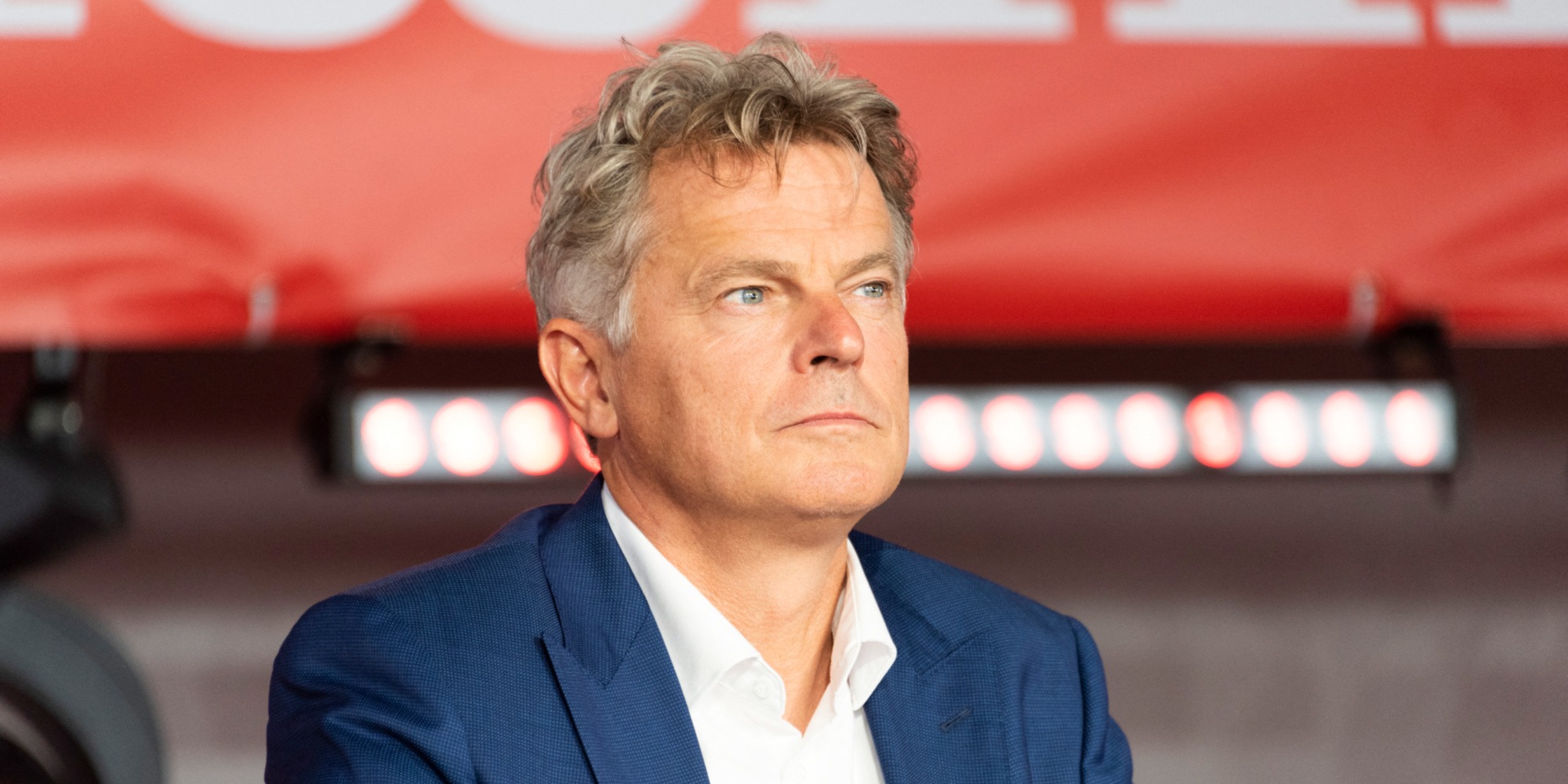Ophélie Artaud / Photo credit: Magali Cohen / Hans Lucas / Hans Lucas via AFP
The lack of infrastructure in some municipalities complicates access to the practice of sport, especially for the youngest. A situation that Fabien Roussel deplores. Guest of “And if we spoke sport”, the national secretary of the French Communist Party considers that the State must make sport a priority.
Children in Marseille who cannot swim, young people who cannot do the sport they love in their city due to a lack of infrastructure… A multitude of unacceptable situations for Fabien Roussel, the national secretary of the French Communist Party. Guest of Jacques Vendroux in How about we talk sports?the politician returned to the need to “give many more resources to the Ministry of Sports” so that “it can provide much more support to villages and large cities that wish to invest in sports equipment”.
“Give municipalities the means to build swimming pools, stadiums, football pitches…”
For Fabien Roussel, all the difficulties in terms of sports infrastructure and access to sport come from a “lack of dough, because we are touching on public spending. And if you hear the ministers who speak days, the watchword is to reduce public expenditure. However, developing sports practices requires giving municipalities the means to build swimming pools, stadiums, football pitches…”, and to maintain them , he explains.
The national secretary of the French Communist Party also “regrets” the intervention of private companies to make up for this lack. “Today, the public (sector), the State, the agglomeration or the region say to themselves that it is no longer up to them to do it. So we will leave it to the private sector to fill the stadiums, to to build, to sponsor them and to make them a market value”, he denounces at the microphone of Europe 1.
“Sport is not a commodity”, insists Fabien Roussel, who wants “there to be a lot more investment in the construction of public sports facilities in order to be able to control costs and allow the widest audiences to go back there, as much to practice sports as to host major competitions”, he concludes.
